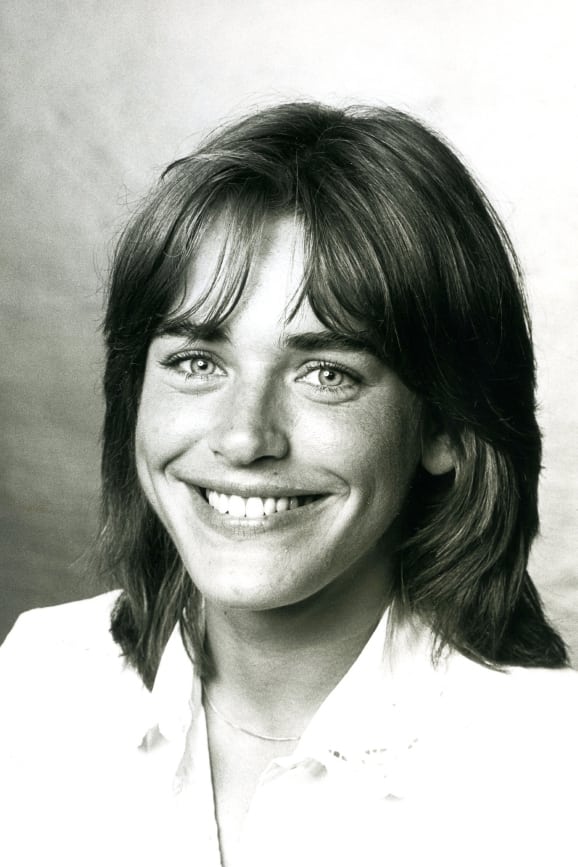

One can't help wondering whether, some quarter-century ago, Carsten Brandt had the slightest inkling of the epic dimension the project he was then starting to conceive – The Gentle Pain – would take on in the subsequent decades. For it became epic in just about every sense of the word: the film is very long; it tells a multi-layered story characterised as much by its digressions as by its main narrative thread, which concerns a filmmaker’s attempts to make sense of the life of Thorkild Hansen, a Danish traveller/historian/writer internationally probably best known for his non-fiction novel Processen mod Hamsun (1978); and it took a long time to finish – and then sat on a shelf due to legal battles galore. What is now finally revealed is a monument of modern(ist) cinema: a work that as much charts one man’s journey into his soul as a voyage of discovery into another artist’s mind.
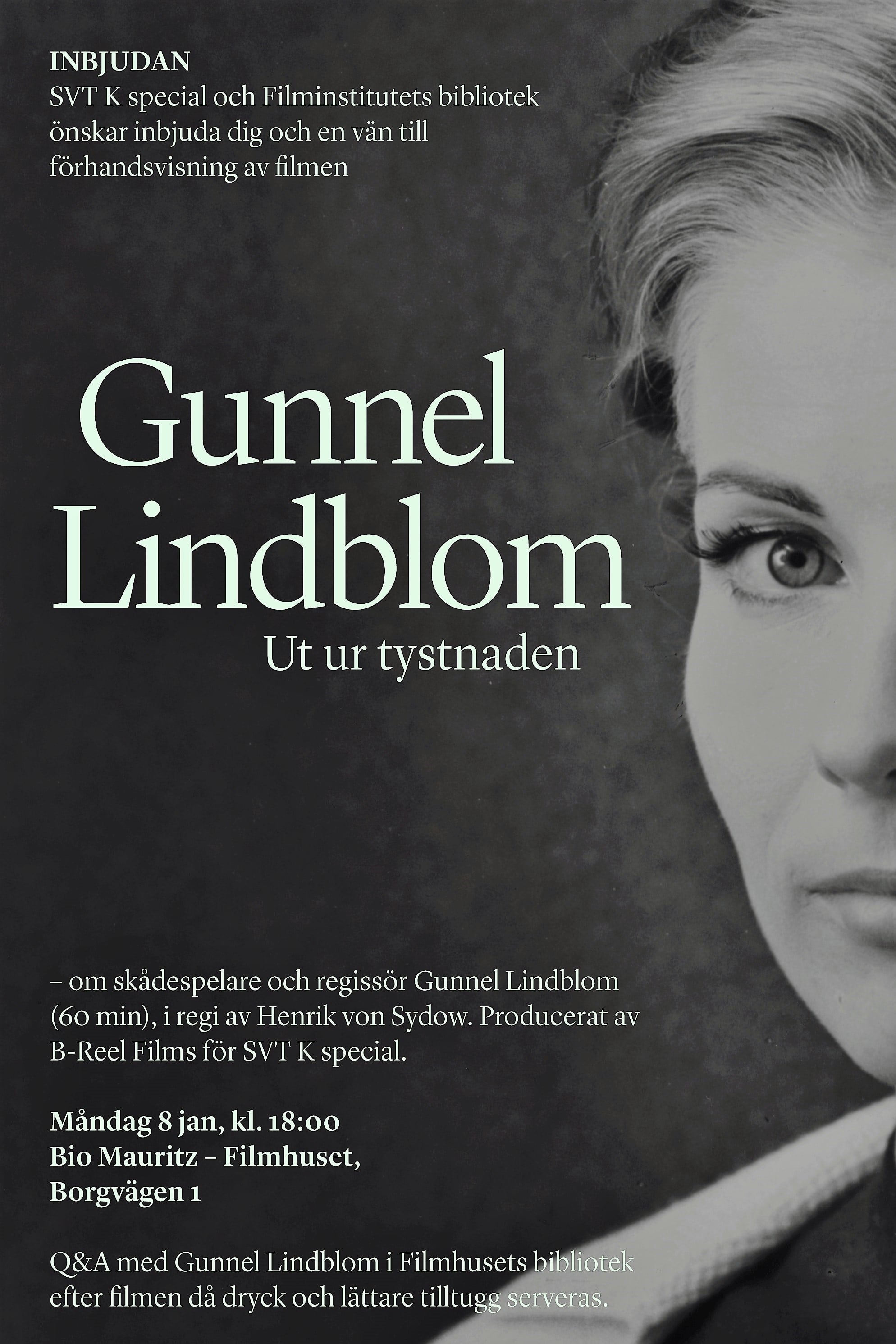
The working class girl from Landala, Gothenburg, through the fine art of theatre and all the way to Hollywood.

Basia and Marek have been on the run their whole lives. Along with their nine-year-old daughter Ula, they experience what it’s like to be an immigrant in Sweden. When a Swedish social worker visits their home, she witnesses Ula’s everyday reality, as seen from the perspective of the local culture. Ula is then taken away from her parents and placed in foster care. Will Basia and Marek stick together and fight for Ula? Will they succeed in rebuilding their bond and their family?
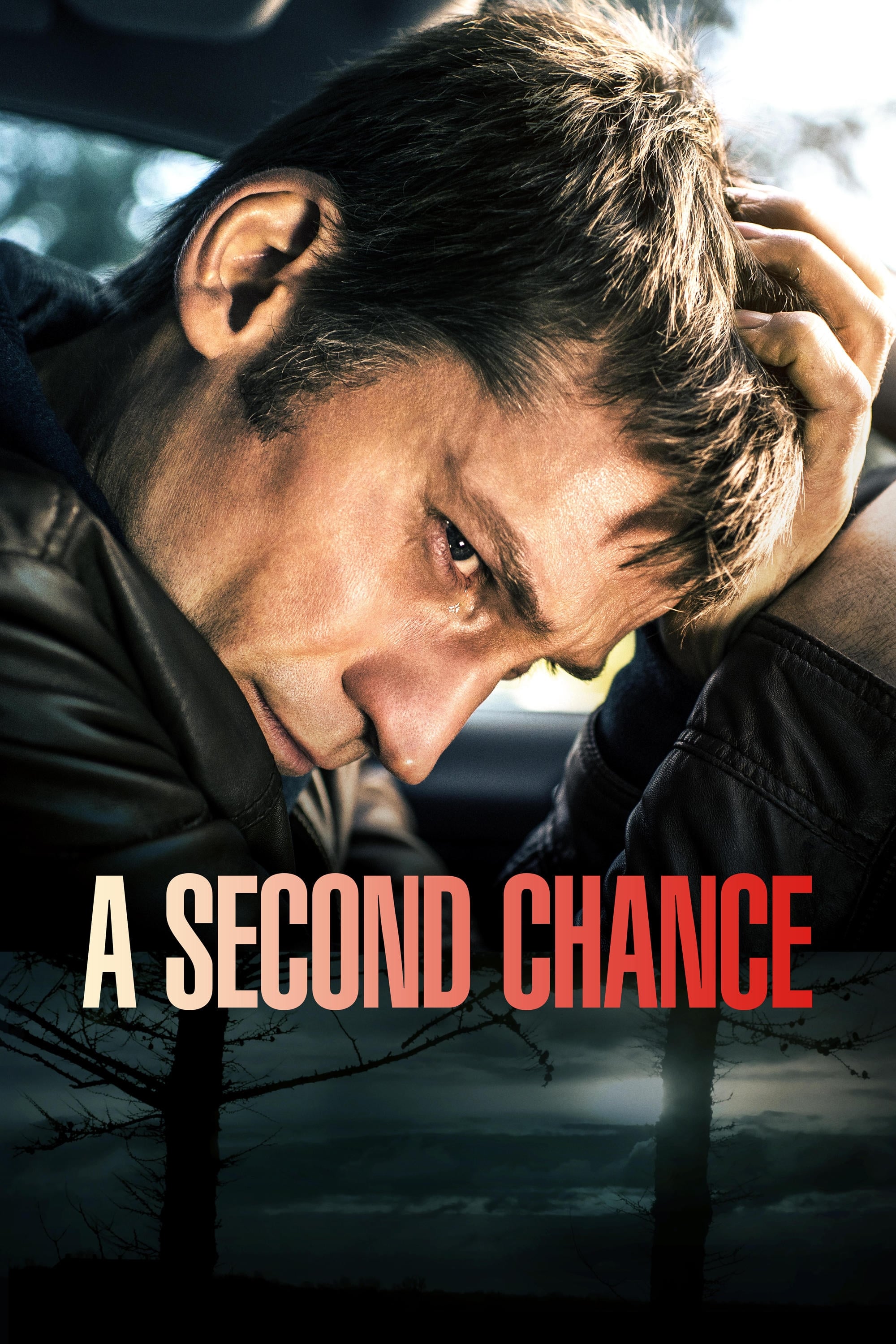
Detectives and best friends Andreas and Simon lead vastly different lives; Andreas has settled down with his beautiful wife and son; while Simon, recently divorced, spends most of his waking hours getting drunk at the local strip club. But all that changes when the two of them are called out to a domestic dispute between a junkie couple, caught in a vicious cycle of violence and drugs. It all looks very routine – until Andreas finds the couple's infant son, crying in a closet. The usually collected policeman finds himself confronted with his own powerlessness and is shaken to his core. As Andreas slowly loses his grip on justice, it suddenly becomes up to the unruly Simon to restore the balance between right and wrong.

After a year abroad Estelle returns home to collect her husband's share of the loot from a major robbery.

To cope with major life changes, three older pals take a cruise, where a former lover on board puts stress on the trio's friendship.
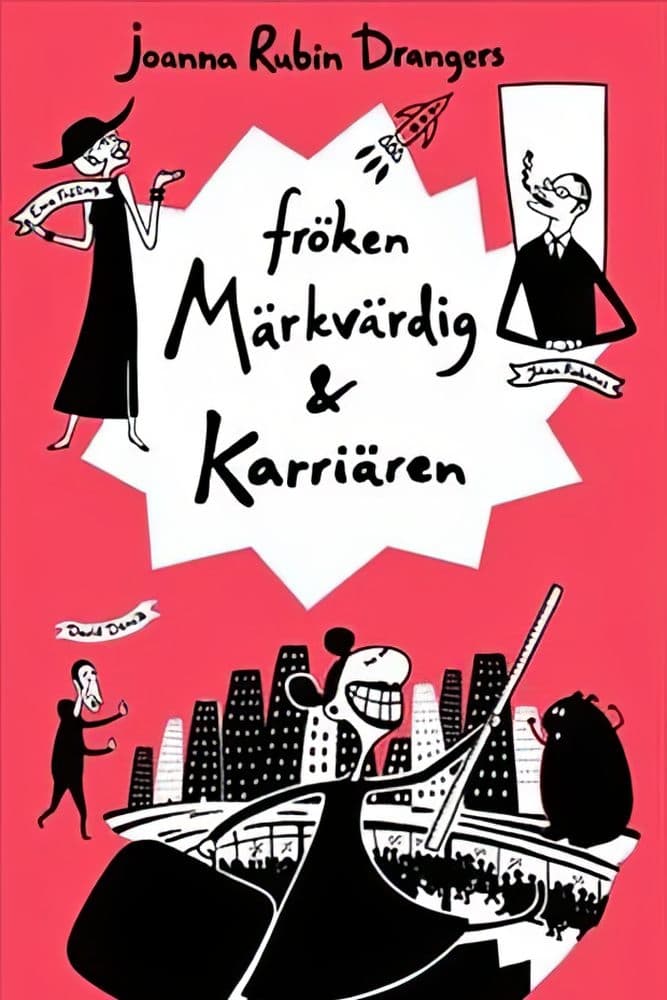
Miss Remarkable's struggle with her own demons, crushing parental expectations and a career meltdown.

Swedish thriller based on Stieg Larsson's novel about a male journalist and a young female hacker. In the opening of the movie, Mikael Blomkvist, a middle-aged publisher for the magazine Millennium, loses a libel case brought by corrupt Swedish industrialist Hans-Erik Wennerström. Nevertheless, he is hired by Henrik Vanger in order to solve a cold case, the disappearance of Vanger's niece
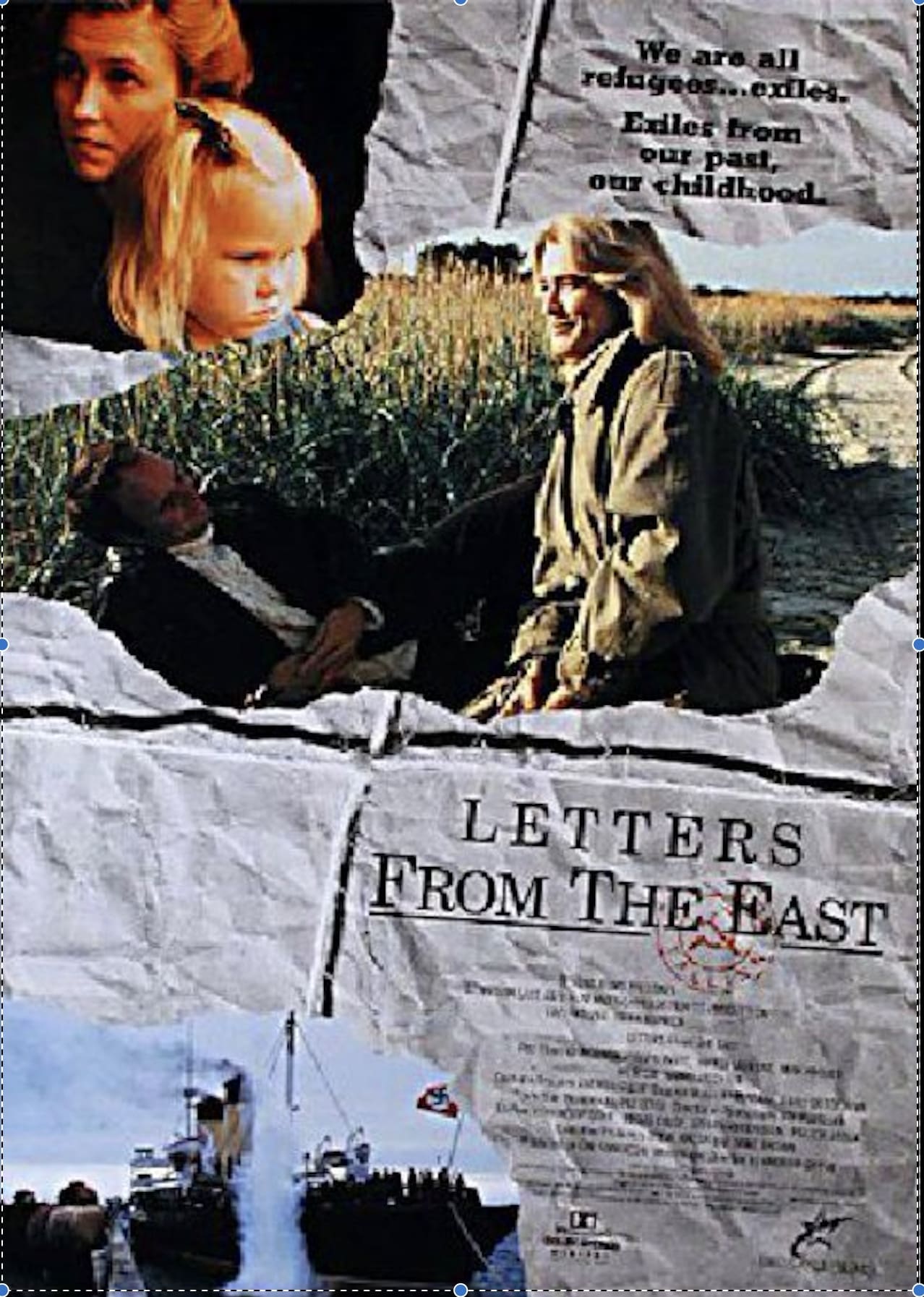
A woman returns to her native Estonia to unravel the complex mysteries of her family's past. Set in 1989, against the background of the Baltic territory's struggle for peace and independence from the Soviet Union.
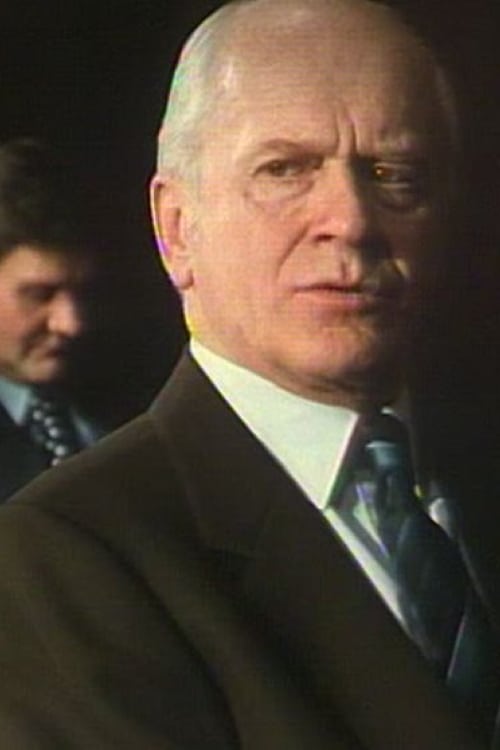
At a Swedish company with international contacts, a bestial murder is committed. The murdered person has been employed by the company - everything indicates that the chairman of the board is guilty.
Ewa Fröling (born Eva Marie Fröling; August 9, 1952) is a Swedish actress. She is internationally most recognized for her leading parts in Gunnel Lindblom's Sally och friheten (as Sally) and Ingmar Bergman's Fanny and Alexander (as Emelie). Description above from the Wikipedia article Ewa Fröling, licensed under CC-BY-SA, full list of contributors on Wikipedia.
By browsing this website, you accept our cookies policy.